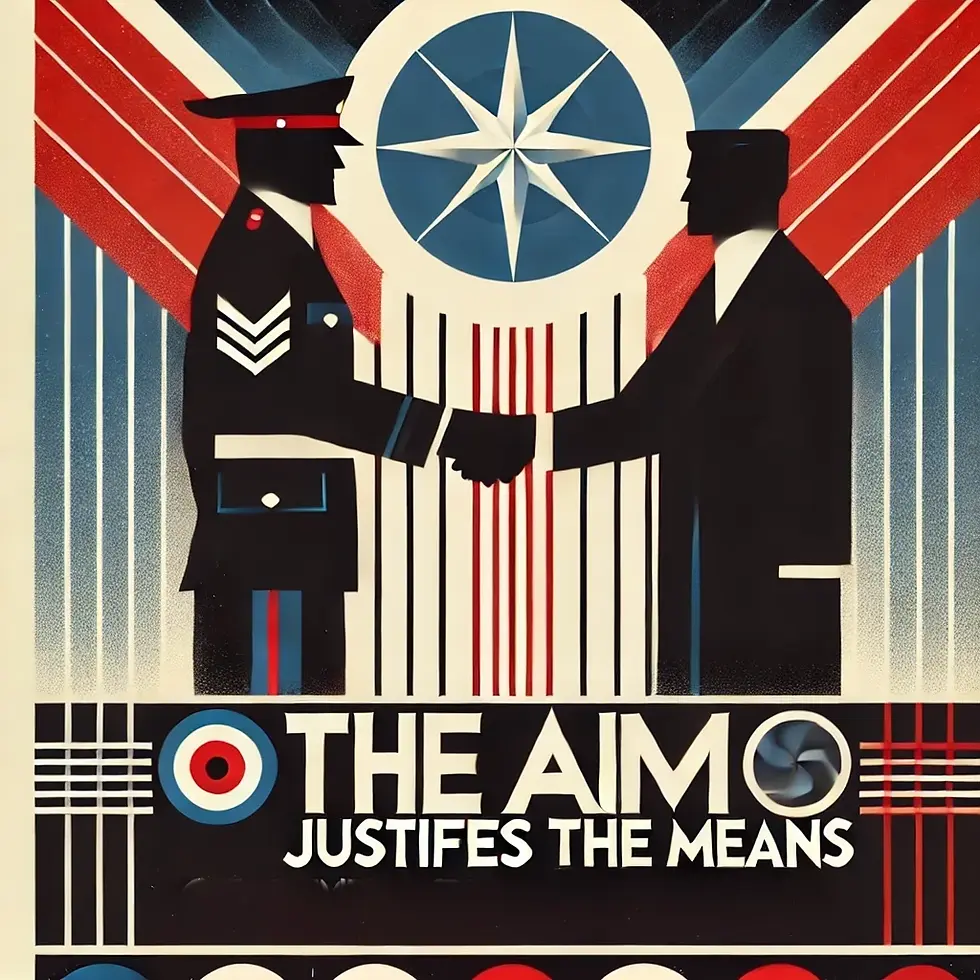Constitutional Transitions: The Role of Lame Ducks and Caretakers
- Prof. Rivka Weill

- Jan 6, 2011
- 2 min read
Updated: Apr 30
As a lame-duck President, Bush signed the Iraqi military accord, sold oil and gas leases on land bordering national parks, and reduced the protection to waterways and endangered species. In fact, lame-duck presidents routinely engage in last minute actions that may involve waste, imprudence, unilateral controversial action, entrenchment of policies, division of loot and even leaving "scorched earth." Such “midnight” actions are made possible because lame-duck presidents enjoy the same legal authority as regular presidents. American scholars believe that this state of affairs can be explained by the exceptionally long presidential transition period. But the lengthy transition period is comparable to transition periods in parliamentary systems that use a proportional representation election method. A comparison of the two presents a conundrum: Why did conventions restricting caretaker power develop only in parliamentary systems, while in the U.S. there is "only one president at a time" and this includes the lame-duck? The scant literature on caretaker governments in parliamentary systems is preoccupied with codifying their behavior. It assumes rather than explores the theoretical difficulties of having a caretaker government or the justifications for restricting its authority and scope of discretion. In contrast, the few discussions in American literature on this subject concentrate on identifying the theoretical difficulties of having lengthy lame-duck administrations, without considering the relevant lessons to be gained from the parliamentary experience. Meanwhile, the U.S. suffers from serious "midnight actions" of lame-duck presidents even as parliamentary systems overwhelmingly enjoy smoother transitions of power. This essay contributes to the understanding of both regimes. It offers a common theoretical framework from which it proposes a solution to transitional governments in both presidential and parliamentary systems alike.
Suggested citation:
Constitutional Transitions: The Role of Lame Ducks and Caretakers, 2011 (3) Utah Law Review 1087, 1087-1129 (2011).



Comments